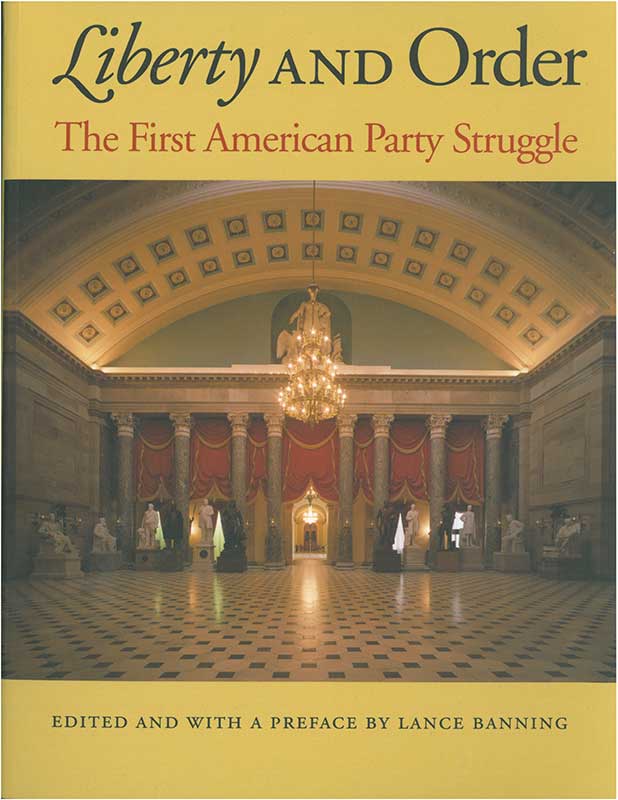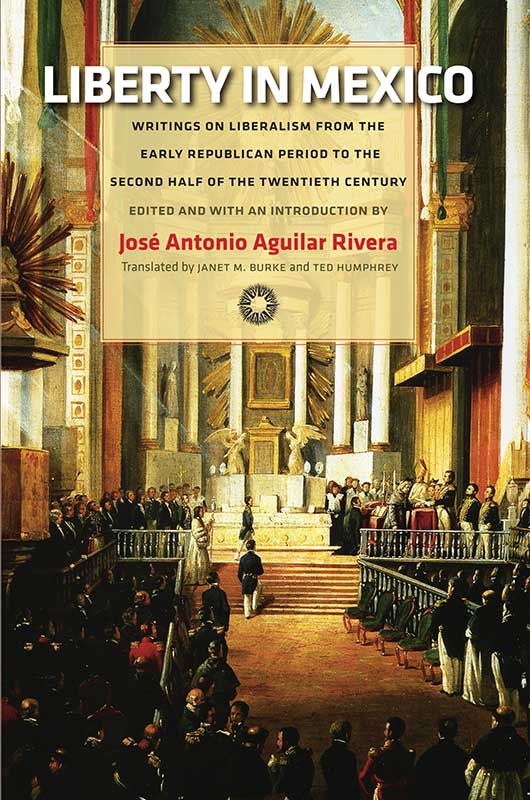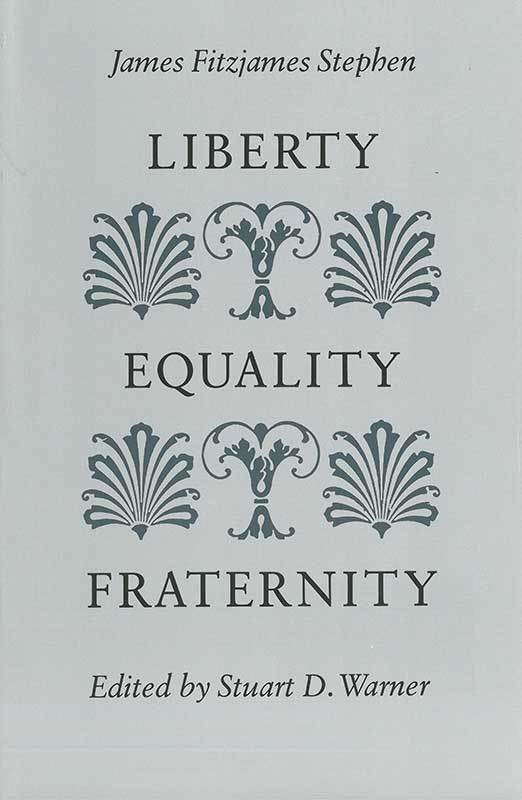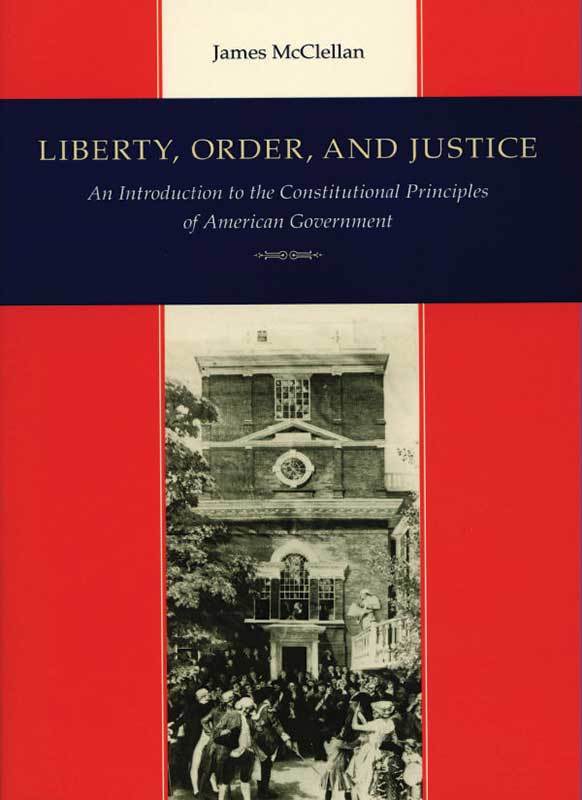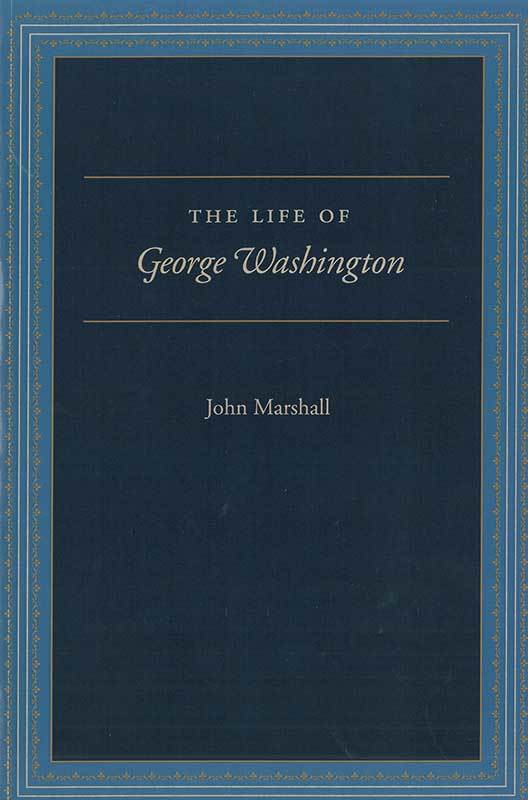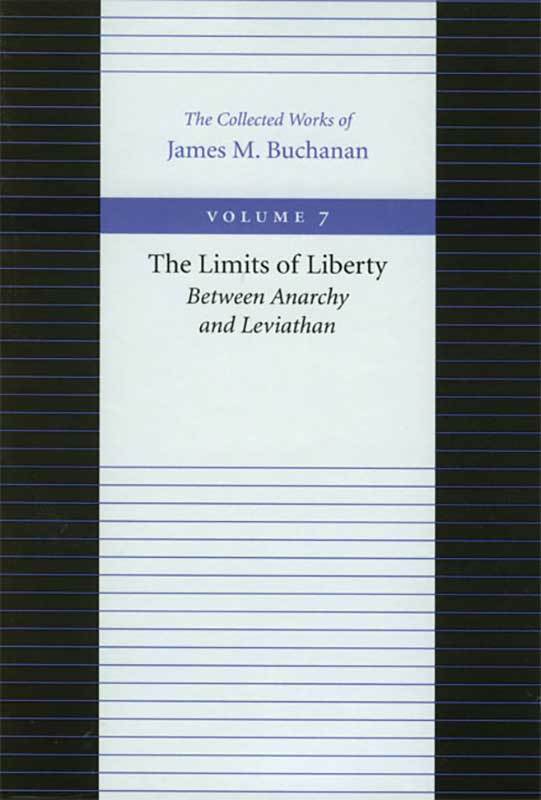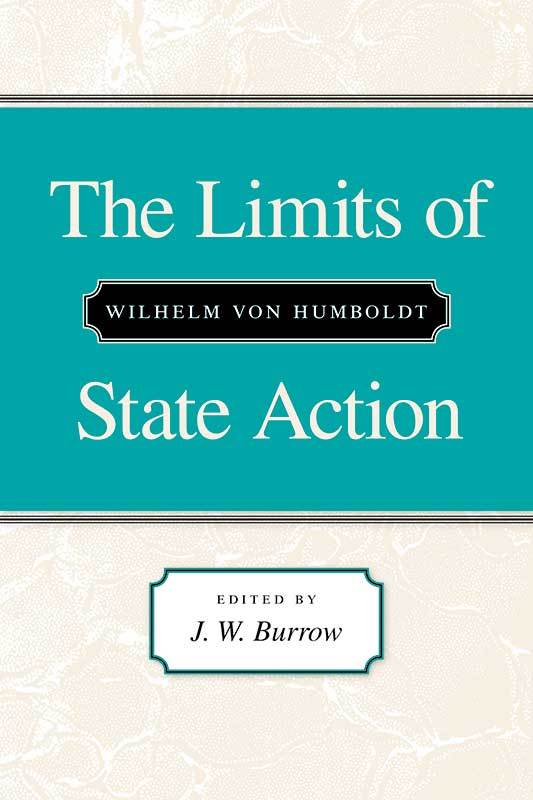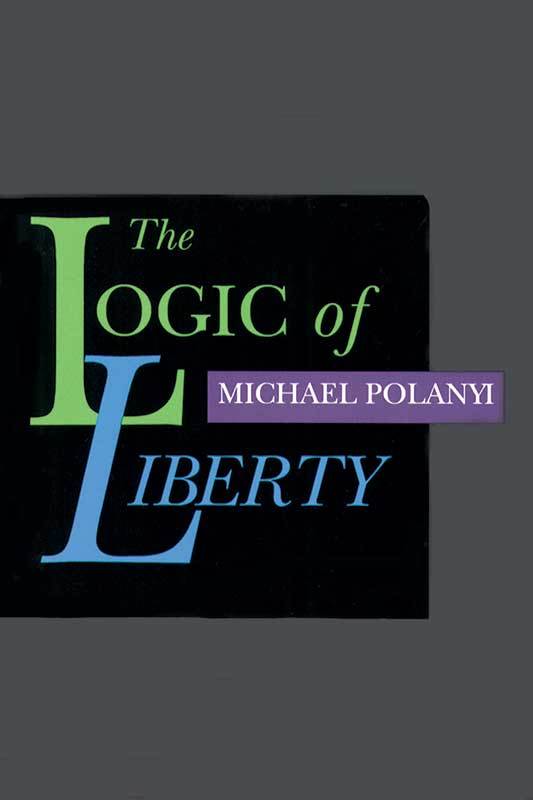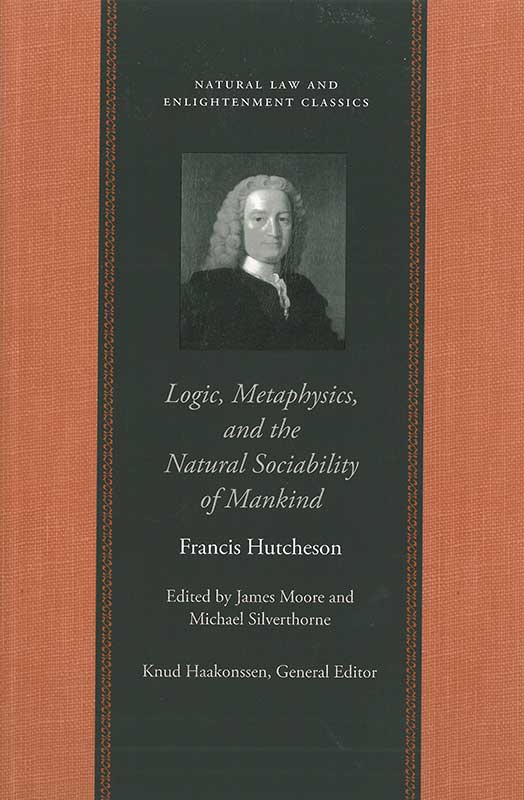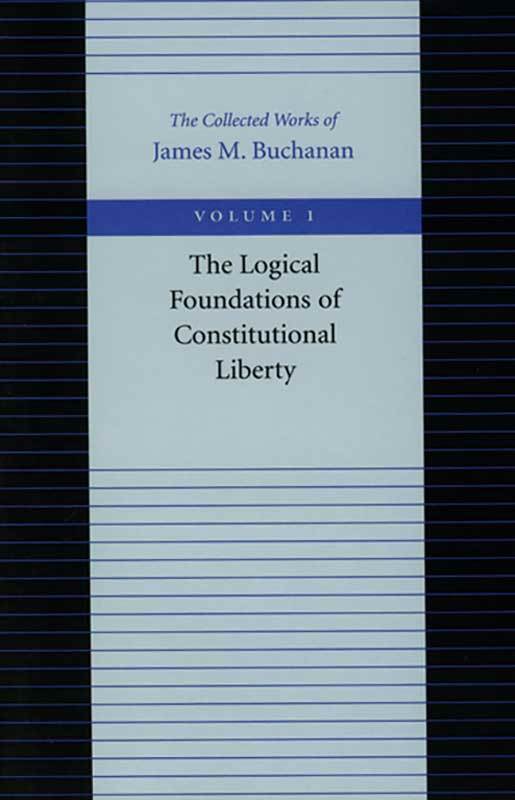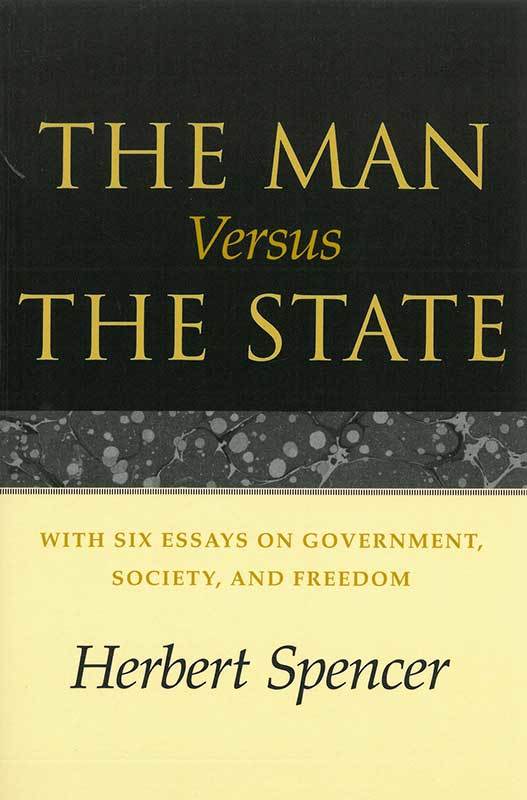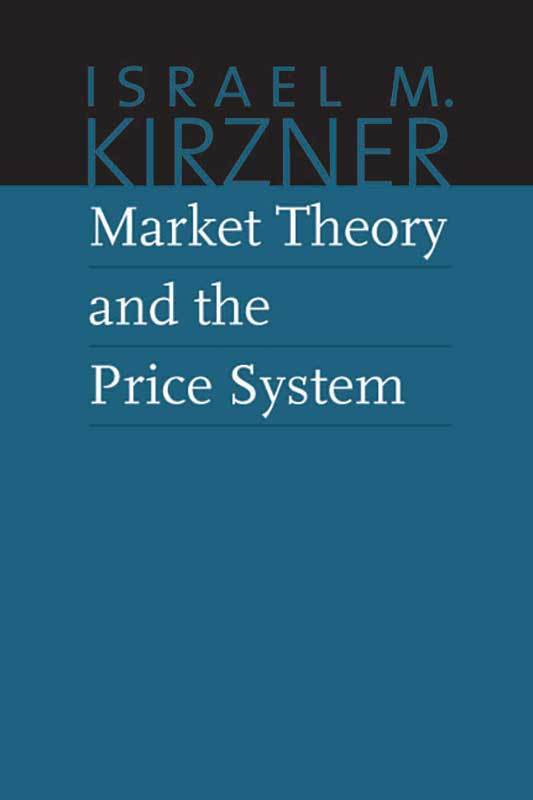For Educators
-
Liberty and Order
by Lance Banning
/ Learn MoreLiberty and Order is an ambitious anthology of primary source writings: letters, circulars, debate transcriptions, House proceedings, and newspaper articles that document the years during which America’s Founding generation divided over the sort of country the United States was to become. With this significant collection, the reader receives a deeper understanding of the complex issues, struggles, and personalities that made…
-
Liberty in Mexico
by José Antonio Aguilar Rivera
/ Learn MoreLiberty in Mexico presents sixty-four essays and writings on liberty and liberalism, from the early republican period to the late twentieth century, from a variety of authors. The texts in this edition will refute commonly held notions that the liberal project in Latin America had no indigenous roots. The institutions of modern representative government and free-market capitalism were very much…
-
Liberty, Equality, Fraternity
by James Fitzjames Stephen
/ Learn MoreStudents of political theory will welcome the return to print of this brilliant defense of ordered liberty. Impugning John Stuart Mill’s famous treatise, On Liberty, Stephen criticized Mill for turning abstract doctrines of the French Revolution into “the creed of a religion.” Only the constraints of morality and law make liberty possible, warned Stephen, and attempts to impose unlimited freedom,…
-
Liberty, Order, and Justice
by James McClellan
/ Learn MoreUnlike most textbooks in American Government, Liberty, Order, and Justice seeks to familiarize the student with the basic principles of the Constitution, and to explain their origin, meaning, and purpose. Particular emphasis is placed on federalism and the separation of powers. These features of the book, together with its extensive and unique historical illustrations, make this edition of Liberty, Order,…
-
The Life of George Washington
by John Marshall
/ Learn MoreUsed throughout the first half of the nineteenth century in schools and colleges, John Marshall’s own abridgment of his monumental five-volume biography of George Washington is now available in a Liberty Fund edition that once again brings the spirit of George Washington alive in America’s classrooms. Within eight years of the death of George Washington in 1799, John Marshall, who…
-
The Limits of Liberty
by James M. Buchanan
/ Learn MorePublished originally in 1975, The Limits of Liberty made James Buchanan’s name more widely known than ever before among political philosophers and theorists and established Buchanan, along with John Rawls and Robert Nozick, as one of the three new contractarians, standing on the shoulders of Hobbes, Locke, and Kant. While The Limits of Liberty is strongly related to Buchanan’s Calculus…
-
The Limits of State Action
by Wilhelm von Humboldt
/ Learn MoreThe Limits of State Action has an exuberance and attention to principle that make it a valuable introduction to classical liberal political thought. It is also crucial for an understanding of liberalism as it developed in Europe at the turn of the nineteenth century. Humboldt explores the role that liberty plays in individual development, discusses criteria for permitting the state…
-
The Logic of Liberty
by Michael Polanyi
/ Learn MoreA chemist and member of a family renowned for its learning in several disciplines, Michael Polanyi experienced first-hand the horrors of totalitarian government and worldwide war. He argued that centrally planned organizations—or governments—based solely on the methods of science threaten to foreclose a full human knowledge of the mysteries of existence and therefore pose a direct threat not only to…
-
Logic, Metaphysics, and the Natural Sociability of Mankind
by Francis Hutcheson
/ Learn MoreUntil the publication of this Liberty Fund edition, all but one of the works contained in Logic, Metaphysics, and the Natural Sociability of Mankind were available only in Latin. This milestone English translation will provide a general audience with insight into Hutcheson’s thought. Francis Hutcheson (1694–1746) was educated at the University of Glasgow, where he assumed the chair of moral…
-
The Logical Foundations of Constitutional Liberty
by James M. Buchanan
/ Learn MoreThe thirty-one papers presented in this volume offer scholars and general readers alike a comprehensive introduction to the work of one of the greatest economists of the modern era. Many of Buchanan’s most important essays are gathered in this inaugural volume of the twenty-volume series from Liberty Fund of his Collected Works. The essays are arranged thematically and so present…
-
The Man Versus the State
by Herbert Spencer
/ Learn MoreSpencer develops various specific disastrous ramifications of the wholesale substitution of the principle of compulsory cooperation—the statist principle—for the individualist principle of voluntary cooperation. His theme is that “there is in society . . . that beautiful self-adjusting principle which will keep all its elements in equilibrium. . . . The attempt to regulate all the actions of a community…
-
Market Theory and the Price System
by Israel M. Kirzner
/ Learn MoreThe second volume in Liberty Fund’s Collected Works of Israel M. Kirzner series, Market Theory and the Price System was published in 1963 as Kirzner’s first (and only) textbook. This volume presents an integrated view of Austrian price theory. The basic aim of Market Theory is to utilize the tools of economic reasoning to explain the market process. The unique…
Promotions
Stayed tuned for future promotions!

